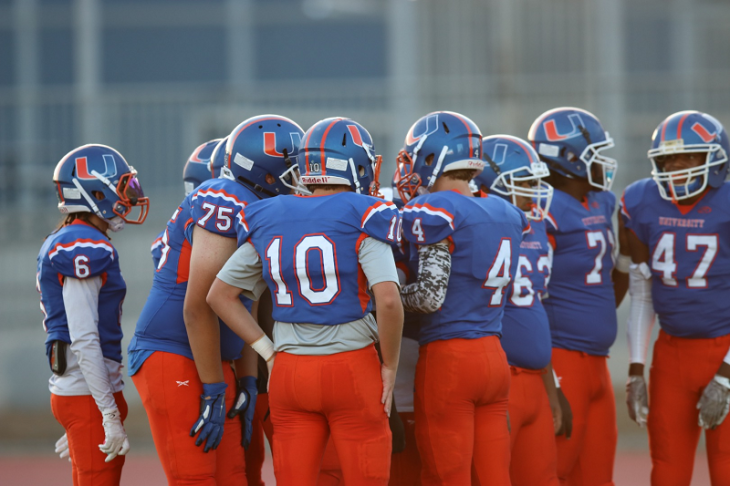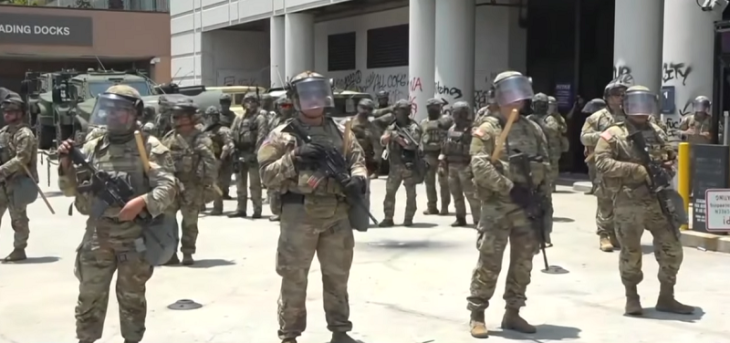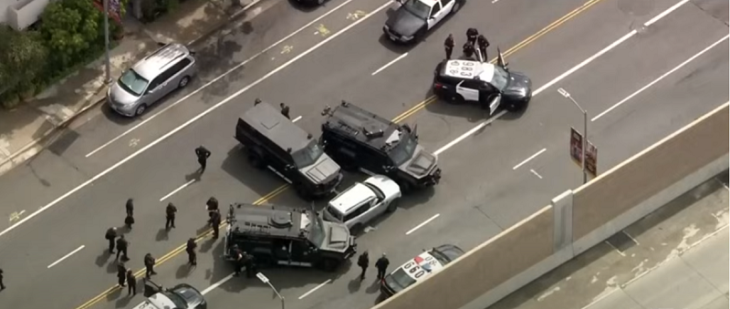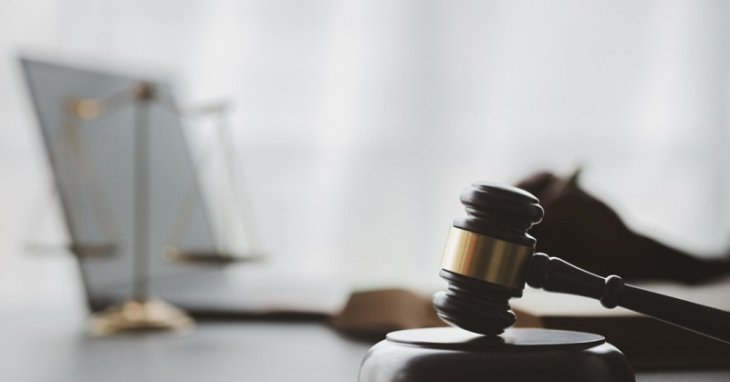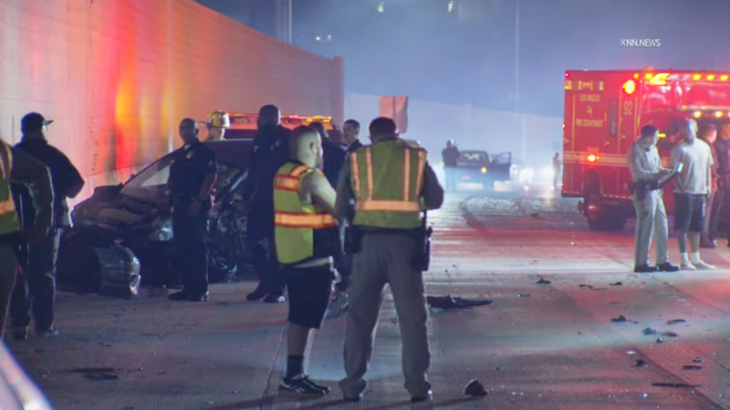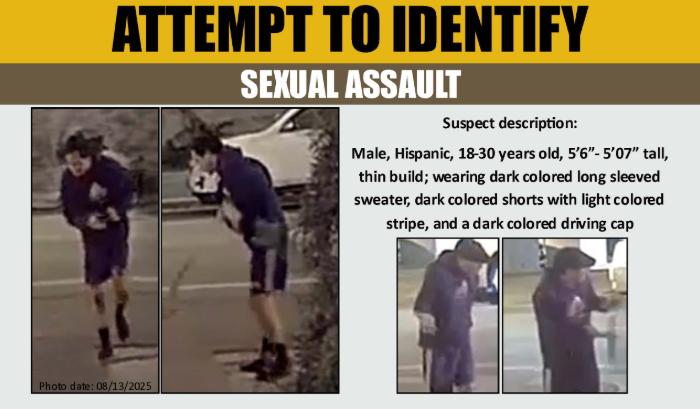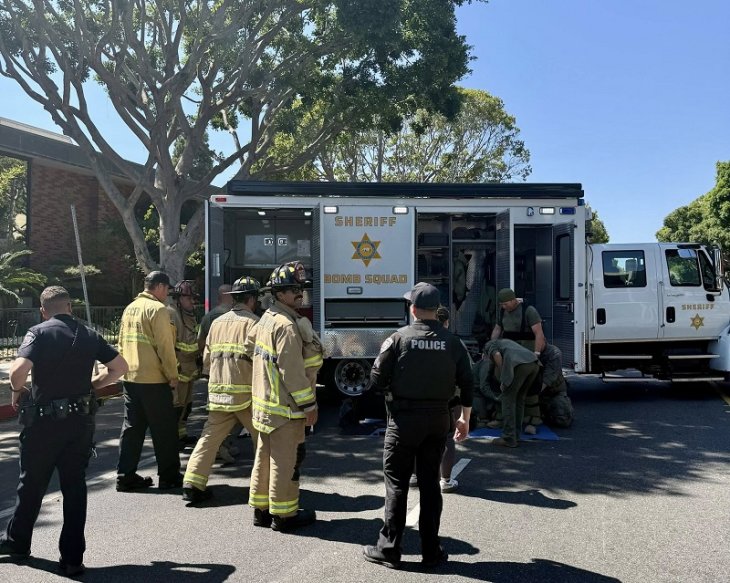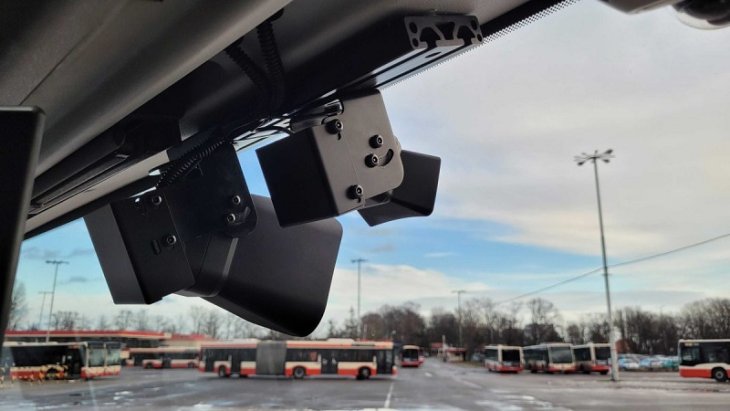
A four-hour hearing held March 29 to discuss Metro’s proposed fare hikes for its transit services adjourned with testimony from 165 people, two arrests, and a promise to consider all the options prior to making a final decision.
The Saturday public morning hearing was held at the Metro headquarters in Downtown Los Angeles. Among those reportedly speaking at the public hearing included users of Metro’s bus or rail lines as well as members of the Bus Riders Union.
If ultimately approved, the fare hikes would go into effect as early as Sept. 1, significantly ahead of the planned completion of the second phase of Expo Line between Culver City and Santa Monica State Beach and well in advance of the Purple Line’s arrival in Century City and Westwood.
The Metro board, which is weighing two options to increase ridership fees for its fleet of buses, light rail trains, and subways, will vote on the proposed fare hikes at its May 22 meeting.
During the public hearing, many of the speakers reportedly raised questions concerning the limited frequency of service, fare evasion, and affordability.
If the Metro board’s vote were to be influenced by last weekend’s public hearing, it would likely support Option 1 over Option 2.
In Option 1, Metro fares would incrementally increase from the current base of $1.50 per trip to $2.25 per trip during an eight-year period. The first incremental change would be from $1.50 per trip to $1.75 per trip within the first four years after the fare restructuring was approved.
Under Option 2, the base fare would remain at $1.50 per trip during off-peak hours. However, the base fare would jump to $2.25 per trip during peak hours for the first four years of the restructure before eventually jumping to $3.25 per trip during peak hours.
According to Metro, off-peak hours are between 9 a.m. and 3 p.m. and 7 p.m. to 5 a.m. during weekdays as well as all day on weekends and federal holidays.
Metro officials reported Option 2 did not garner any support at the March 29 public hearing.
For a full breakdown of the fare restructuring in Option 1, please see the Metro chart here.
The fare restructuring proposed in Option 2 can be viewed here.
Also according to Metro officials, there were two arrests toward the end of the March 29 public hearing, both for allegedly disturbing the peace. One of the arrestees also might face an additional charge of assaulting a peace office, it was reported.

Other anticipated changes in store as a result of the proposed fare restructuring:
– Multiple transfers on buses and trains can be made on a single fare within a 90-minute window;
– Monthly passes could be eliminated in favor of an “EZ Pass,” which, according to Metro, “would allow for unlimited travel on Metro and other bus systems throughout Los Angeles County.”
Metro hopes to institute a fare restructuring soon in order to avoid a budget deficit as soon as 2016, coincidentally the same year the Expo Line’s Westside extension is expected to be completed.
According to Metro, the fares it charges for its bus and rail services cover just 26 percent of its costs. The transit agency also announced it anticipates a $36.8 million operating deficit within the next two years, which Metro described as “unsustainable.”
The operating deficit could grow to $225 million within the next 10 years, Metro estimates, unless a fare restructuring or other changes are implemented.
Metro stated it has only raised fares three times in the last 18 years and “has among the lowest fares of major transit agencies in the United States.”
One source of resistance by Metro users with respect to the proposed fare hikes: cracking down on fare evasion.
A Los Angeles Times report found Metro loses between $1 million and $2 million annually as a result of fare evasion.







